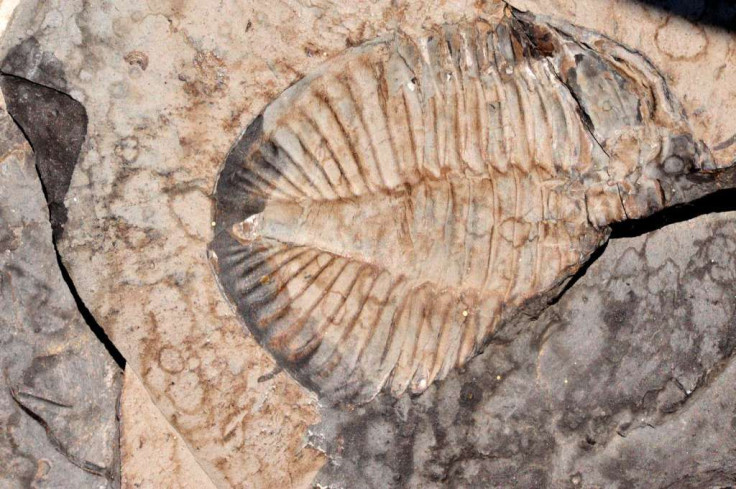
Paleontologists in Venezuela have found some interesting fossils under the Venezuelan soil which includes finds like a giant armadillo that is the size of a Volkswagen, a crocodile larger than a bus and a saber-toothed tiger. The fossils reportedly date back from 14,000 to 370 million years ago, according to the oil companies' surveys of the soil. The fossils are kept in an office in the Venezuelan Institute for Scientific Research and houses around 12,000 specimens. The room also includes the femur of a six-ton mastodon from 25,000 years ago towards the end of the Ice Age.
The next goal of the institute's Laboratory of Paleontology is to find human fossils that can prove prehistoric human life. "We are close. You have to keep exploring the area. We have already found spearheads," said Ascanio Rincon to AFP. "What's lacking is reliable indication that man hunted the megafauna that we are finding. And lacking are human fossils." Even then, the fossils have disclosed a lot about how the world used to be with a featherless chicken that looks like an iguana, a 10-foot pelican and the giant sloth.
Wondering how Venezuela has so many fossils? The country has a complex geological structure that houses many oil deposits that have preserved the life from millions of years ago. A vast majority of the fossils are in the north of the Orinoco River, the area where the Atlantic Ocean was 200 million years ago. Roughly 8 million years ago, the Orinoco river was created and the Isthmus of Panama was formed three to five million years ago. While there is an abundance of fossils found from the oil reserves, the problem is identifying the fossils. For example, it took four years to identify the saber-toothed tiger.
Part of the time consumption involved in identifying fossils is the process: The fossil has to be cleaned, transported, washed, and then compared to existing specimens. "Imagine a puzzle of 5,000 pieces and you have 200 pieces you are trying to interpret and draw a conclusion that might contribute something to science," said Rincon, adding that the institution will have a major announcement to make in September regarding a newly discovered area with fossils. Rincon's laboratory has five researchers and receives state and private funding.
Rincon hopes that his team will raise awareness as to what creatures lived on the planet we know today and hopes that it will encourage people to help take care of Earth. "We are destroying what little is left of the forests, oceans, deserts; we are destroying our ecosystems and accelerating extinction," said Rincon. "Paleontology is fun. It seems that it has no use, but it has economic implications. With a fossil record, we can determine the age of an oil field." RELATED: Venezuela Paper Shortage Shuts Down National Newspapers and Venezuela Blackout Leaves 70% Of Country Without Power; What Caused The Outage?
© 2025 Latin Times. All rights reserved. Do not reproduce without permission.





